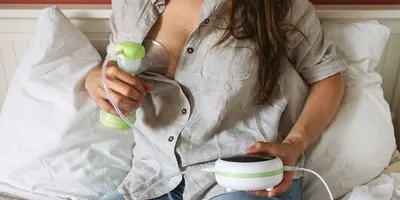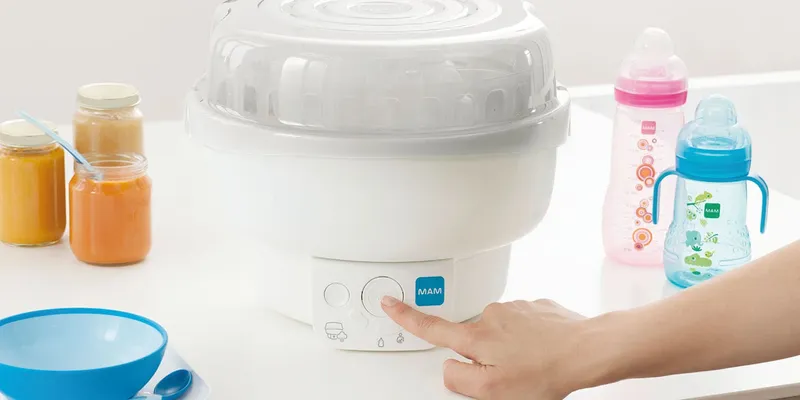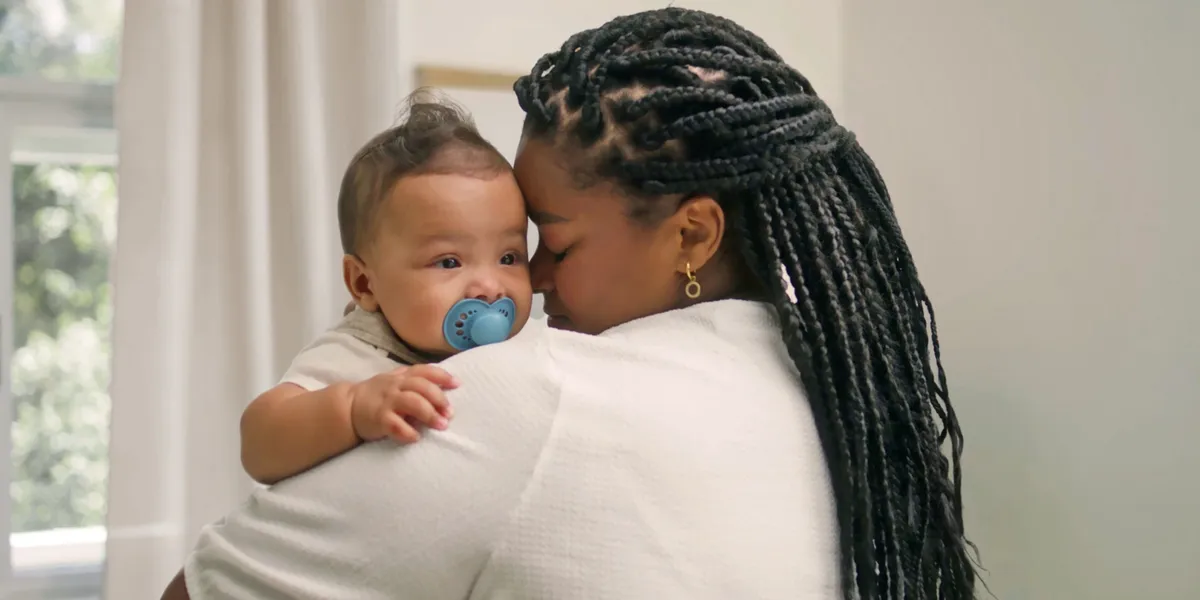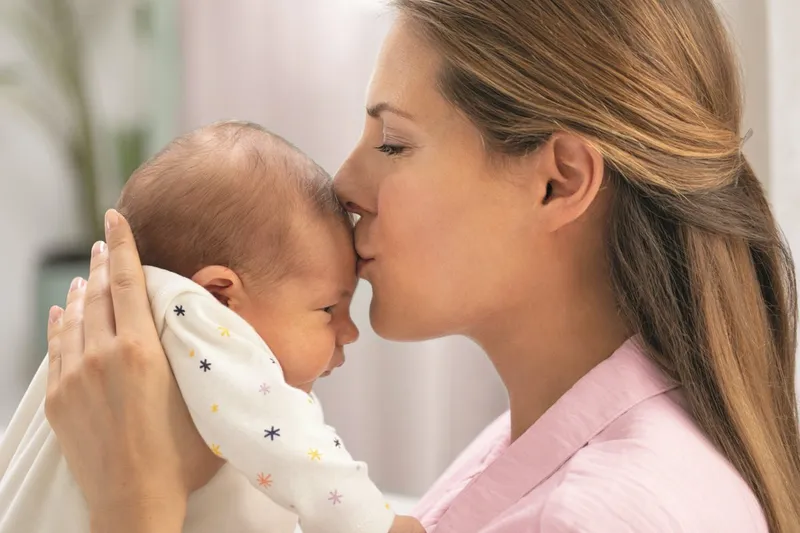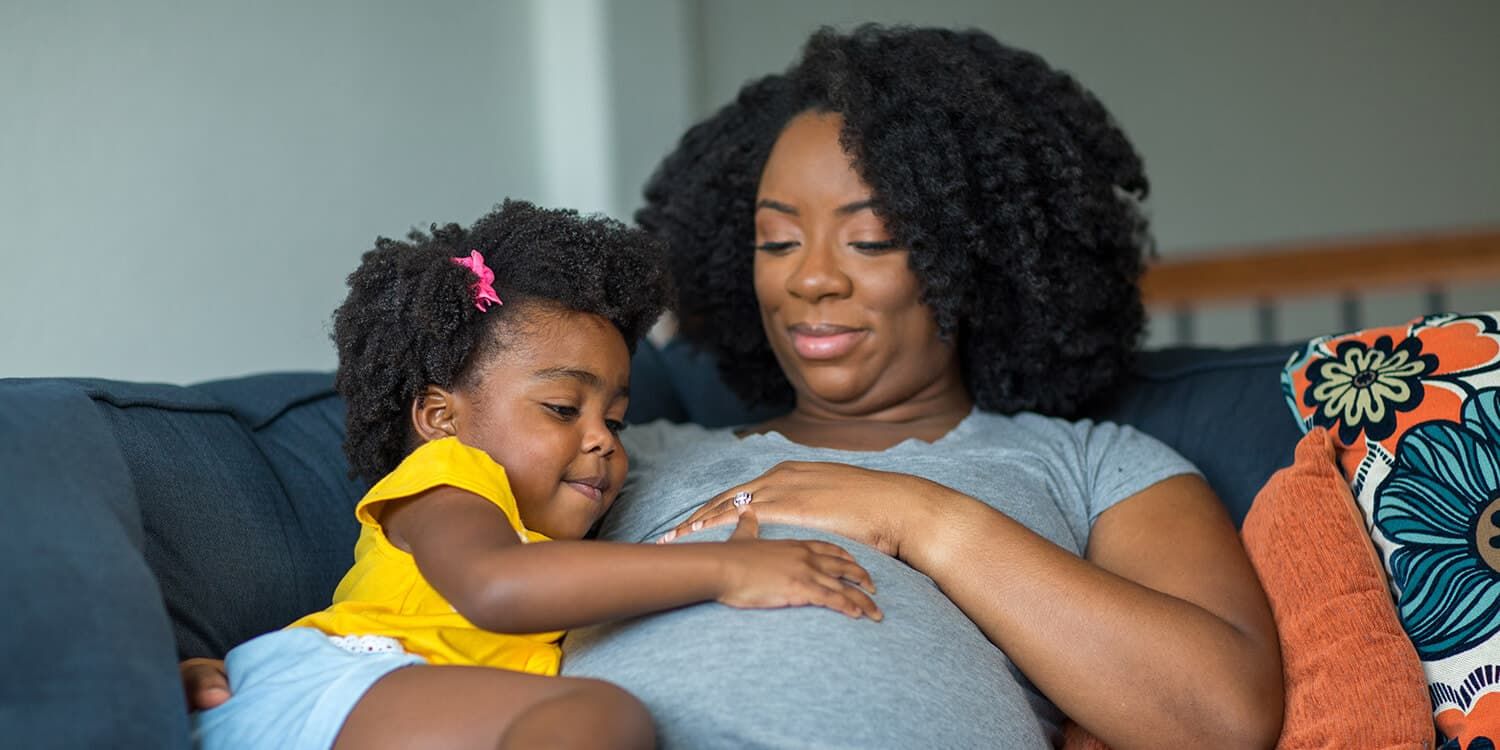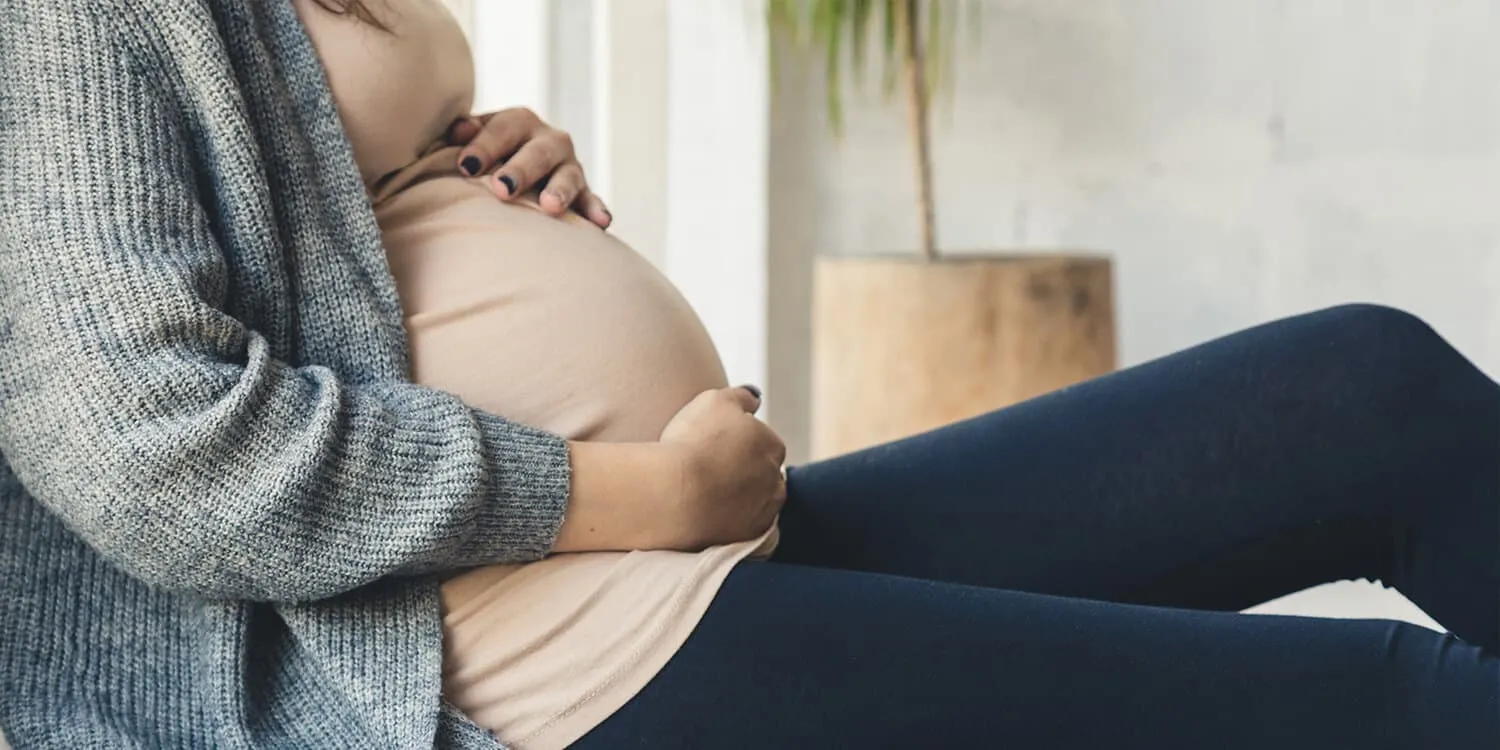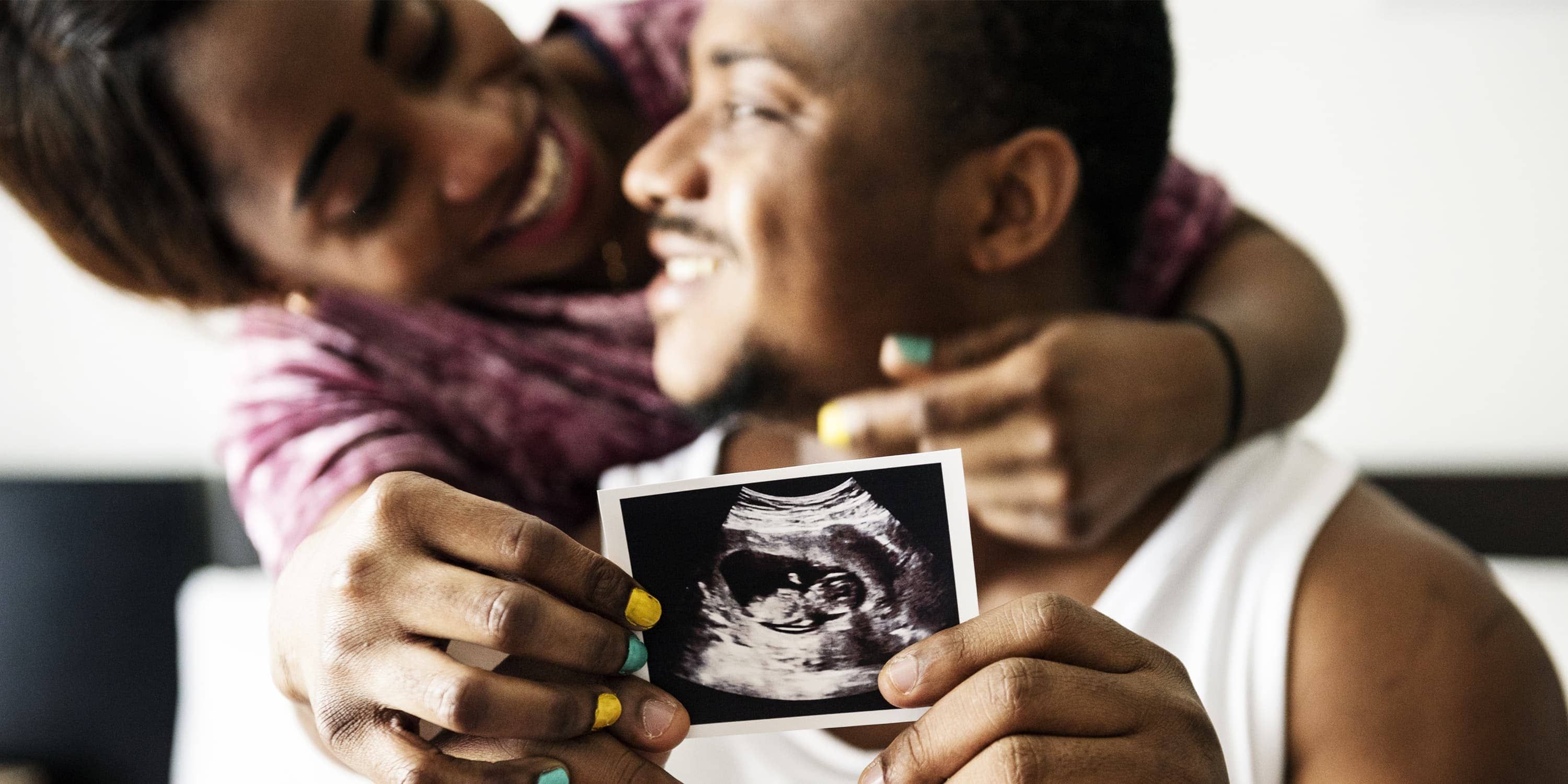At the end of the second trimester, other pregnancy related-problems may arise. Whilst these are not drastic, they can be troublesome, and include problems like constipation and haemorrhoids. Read on to find out why you can be sure you are not alone, what you can do to counteract pregnancy-related problems without resorting to medication and what lies in store when you are 23 weeks pregnant.
What's going on inside you at 23 weeks pregnant?
The size of the foetus is around 28 cm (crown - heel) and it weighs approx. 450-500 grams.
Your baby's main job now is to grow and put on weight. By the way, organs are continuing to develop and your baby is learning to coordinate its hands and fingers. It continues to develop its sucking technique, so that it can satisfy the huge need to suck after being born.
Though the eyelids remain closed, it is now possible to see the eyes moving.
Your baby is now roughly the size of a honeydew melon.

The baby's sleep rhythm also continues to develop and may align with yours. That said, you may find that your baby is particularly active when you are lying down. However, many babies fall asleep again when things calm down for a while. Loud music and noise can now wake the baby – even though the noise is muted by the amniotic fluid.
And how do you feel at 23 weeks pregnant?
You will now be gaining weight at an average of around half a kilo per week. Your body requires around 500 kcal more for both of you. That's not much in terms of sweets and chocolate – but it's quite a lot of fruit and vegetables! Eating lean protein and whole-grain products will do you and your baby a lot of good in terms of nutrition during your pregnancy. Pulses have excellent nutritional value as they consist of complex carbohydrates, protein, a number of secondary plant substances and are very low in fat. However, they can lead to flatulence, which can be troublesome, especially for pregnant women with a tendency towards constipation. Start by trying small quantities to see whether you can tolerate foods like lentils, beans and soya.
Drinking plenty of fluids can help your circulation and alleviate the hard work of digestion. Movement also helps if your bowels are sluggish. Constipation, together with more sluggish blood flow and hormone-related changes to blood vessels, can also result in unpleasant problems during pregnancy: haemorrhoids.
Almost half of all pregnant women suffer from haemorrhoids, if only mildly – so you are certainly not alone with this problem!
Anyone can have haemorrhoids – these "blood filled vascular cushions" are usually found in the anus, which is then sealed by the sphincter muscle. Problems only arise when they become enlarged. There are various grades of this condition. Grade 1 haemorrhoids are enlarged but remain in the anus, grade 2 haemorrhoids bulge outwards when under pressure and grade 3 haemorrhoids remain outside the anus after pressure has been exerted.
Here are some easy ways to deal with haemorrhoids during pregnancy (without any medication):
- Fibre-rich food
- Drinking plenty of water or unsweetened tea
- Regular movement
If haemorrhoids are uncomfortable, itchy and/or sore, there are creams that can also be prescribed. For most pregnant women, enlarged haemorrhoids disappear all by themselves following the birth of the baby. Even though this is a difficult topic of conversation, talk to your midwife or doctor about what you should do to avoid any long-term problems.
Photo: Shutterstock















